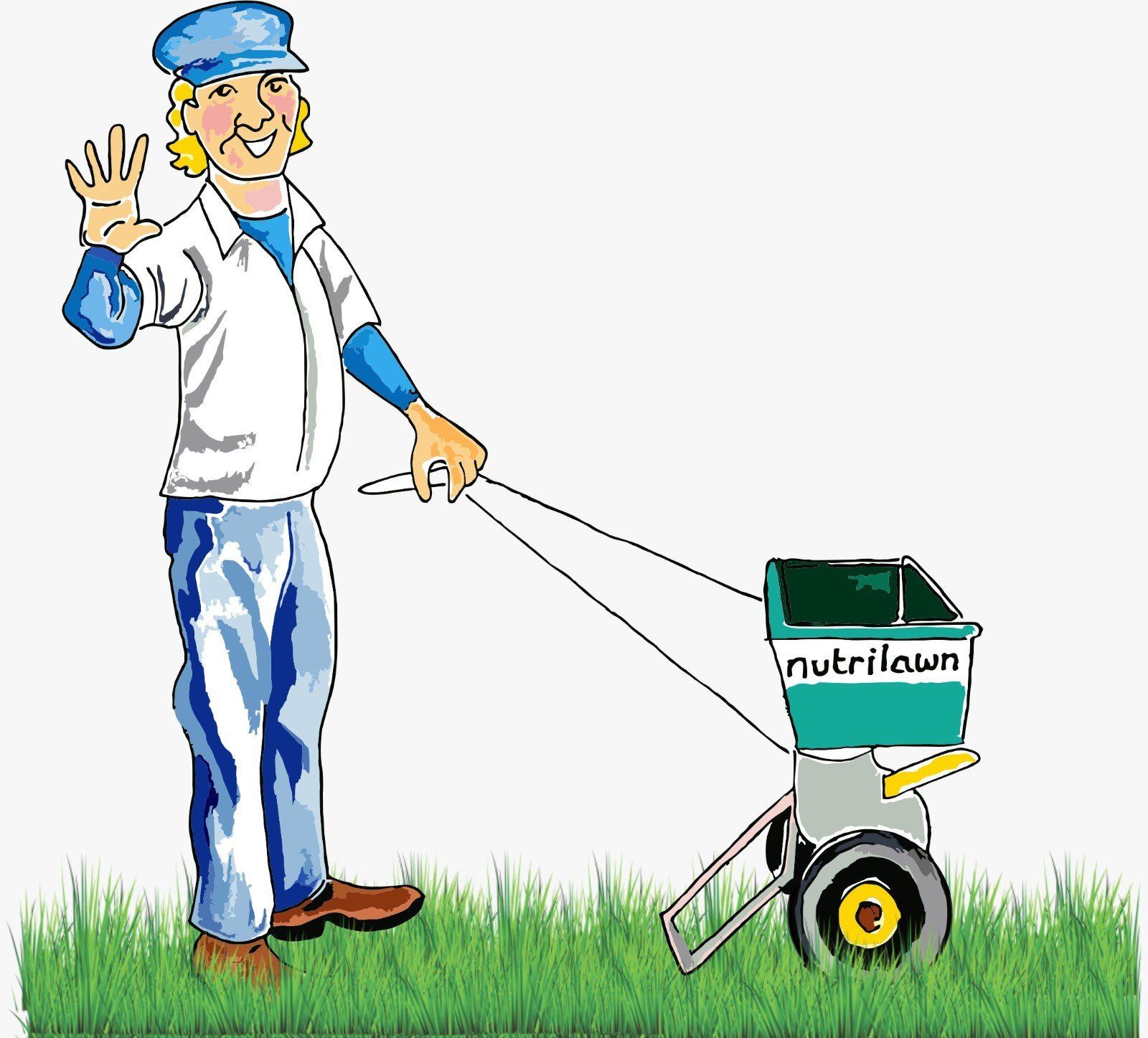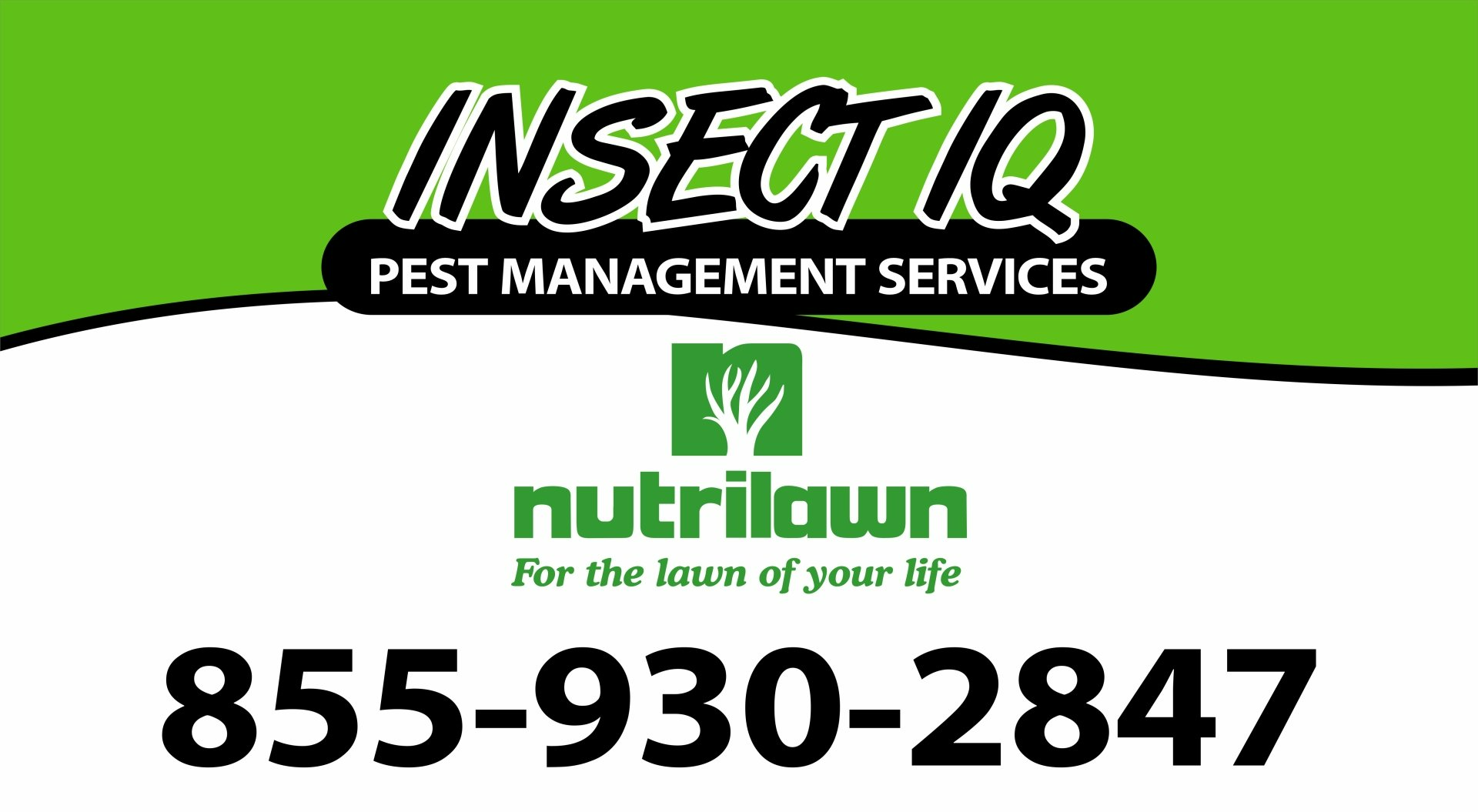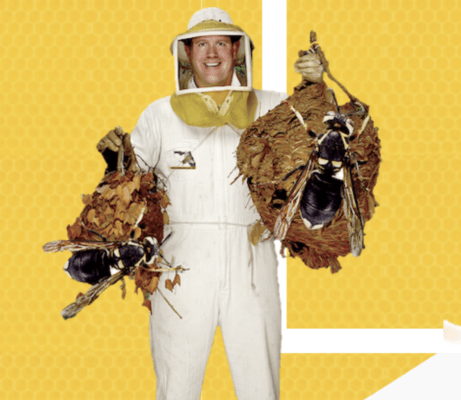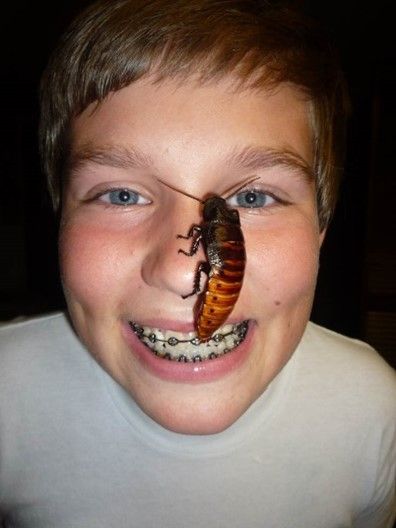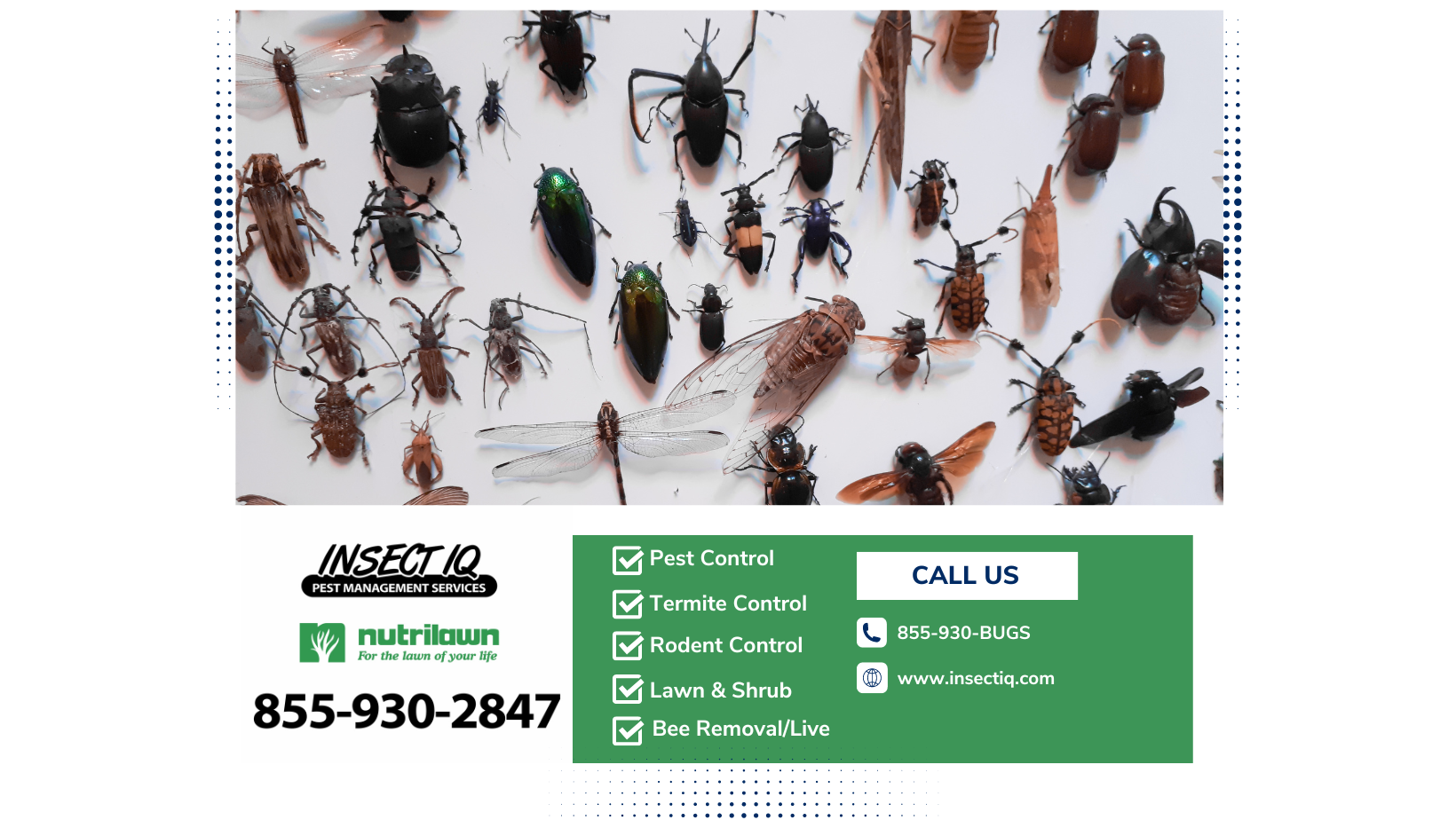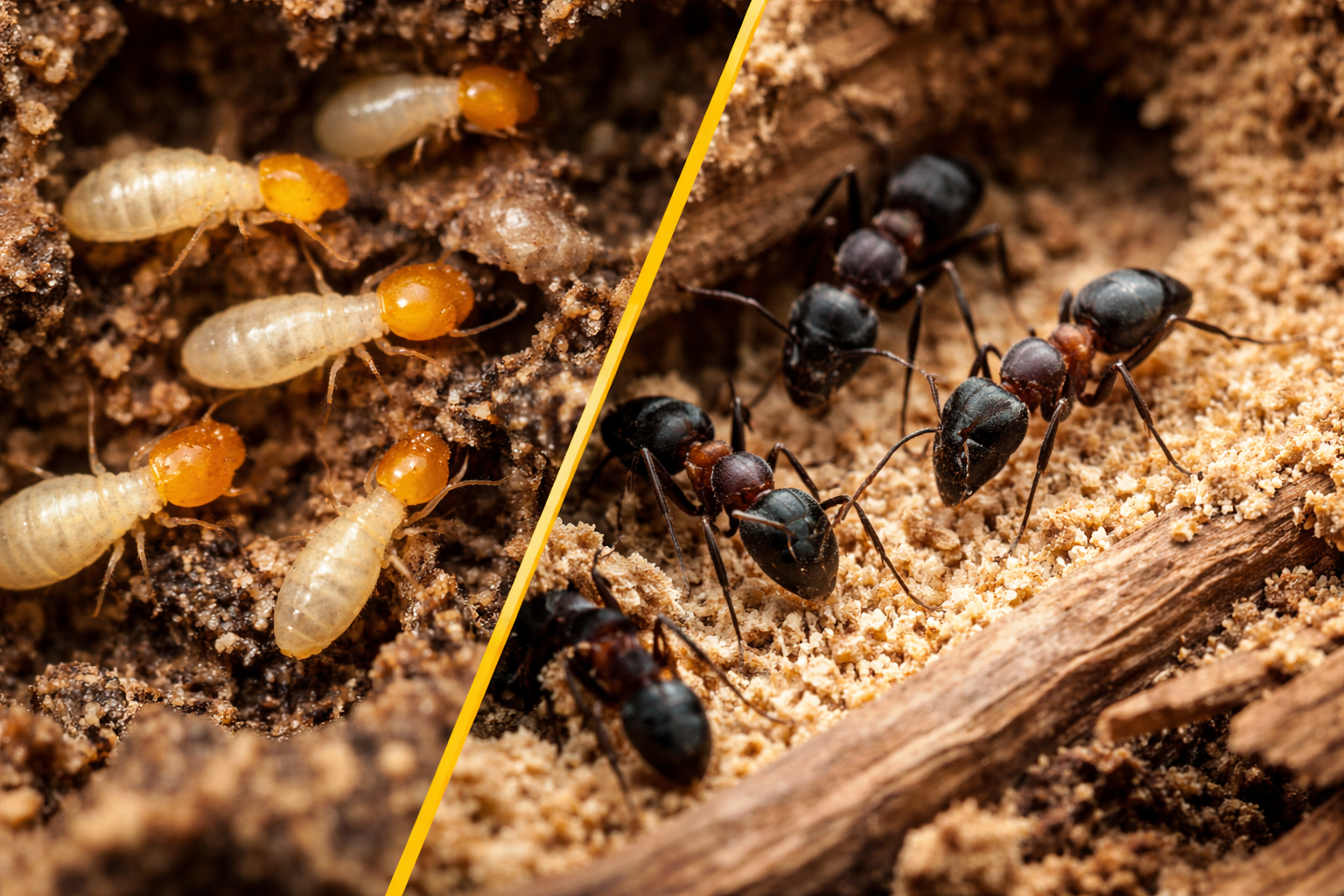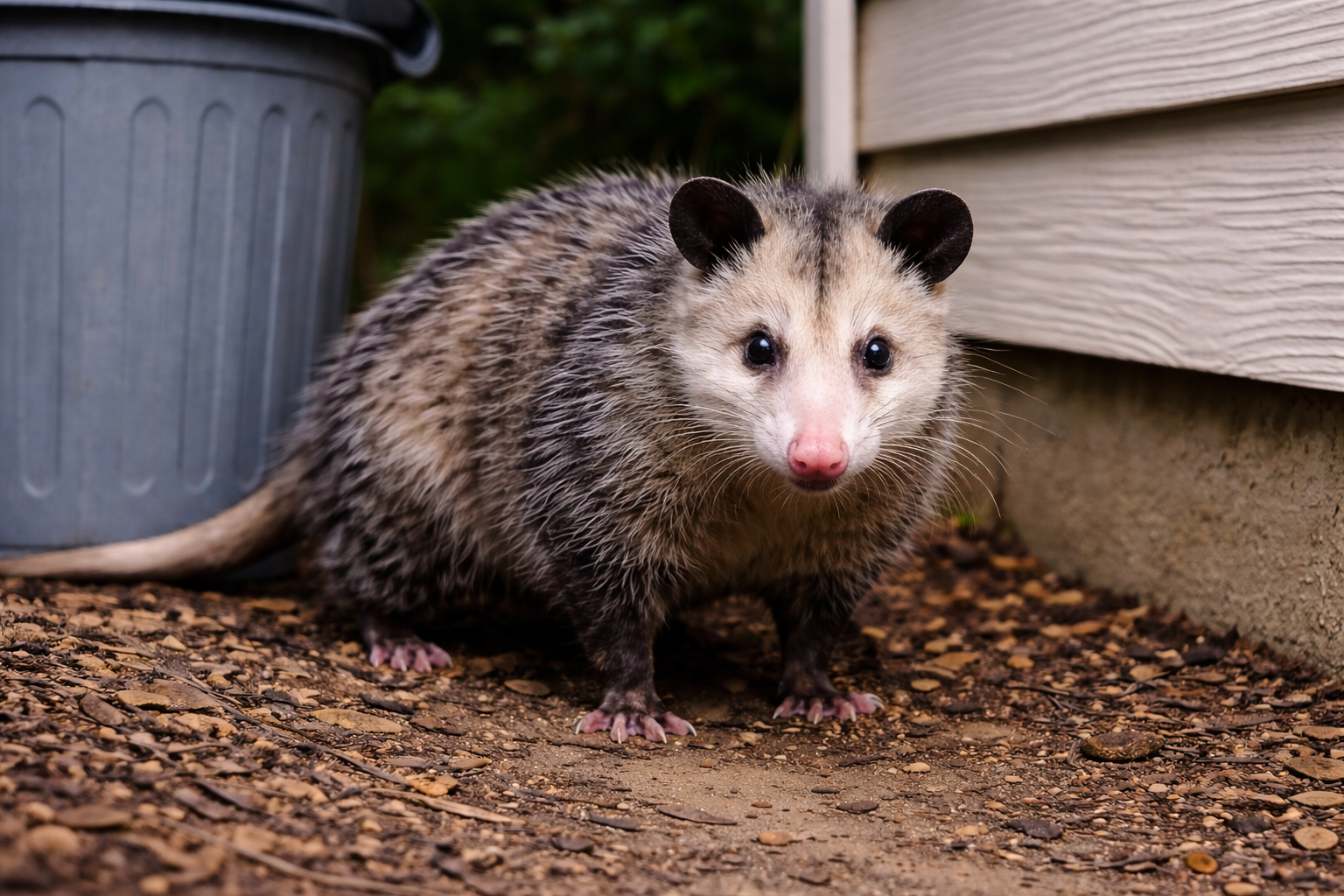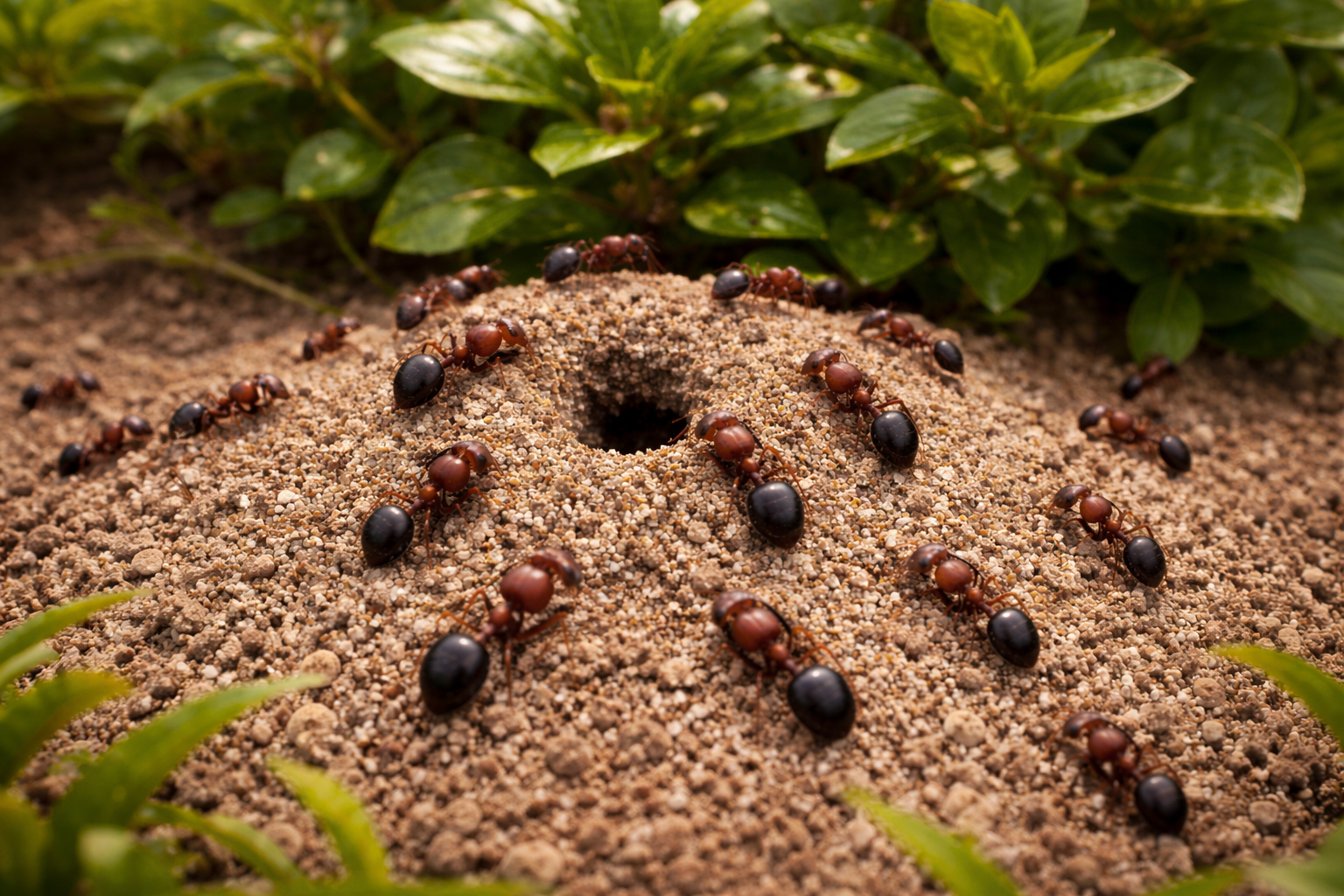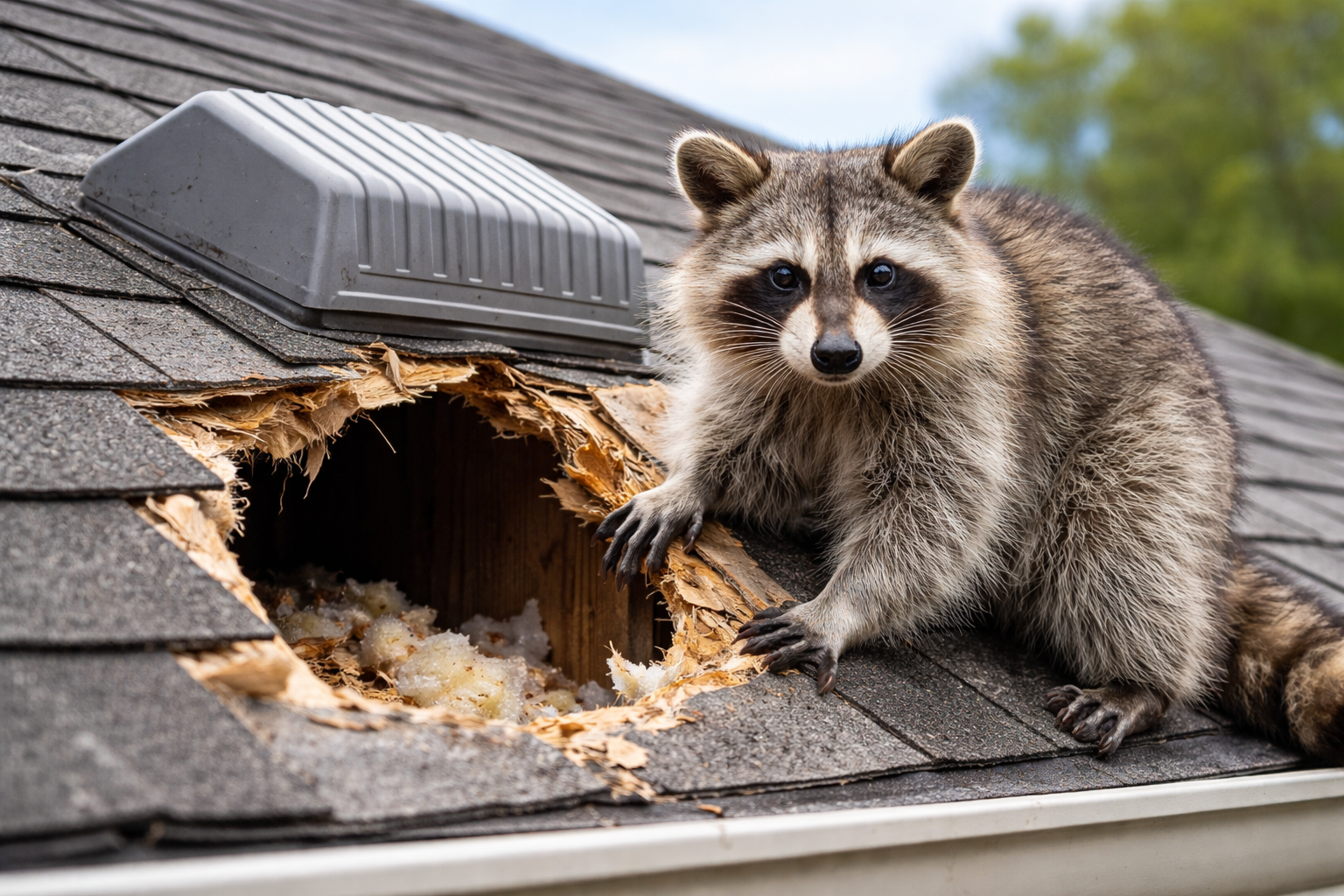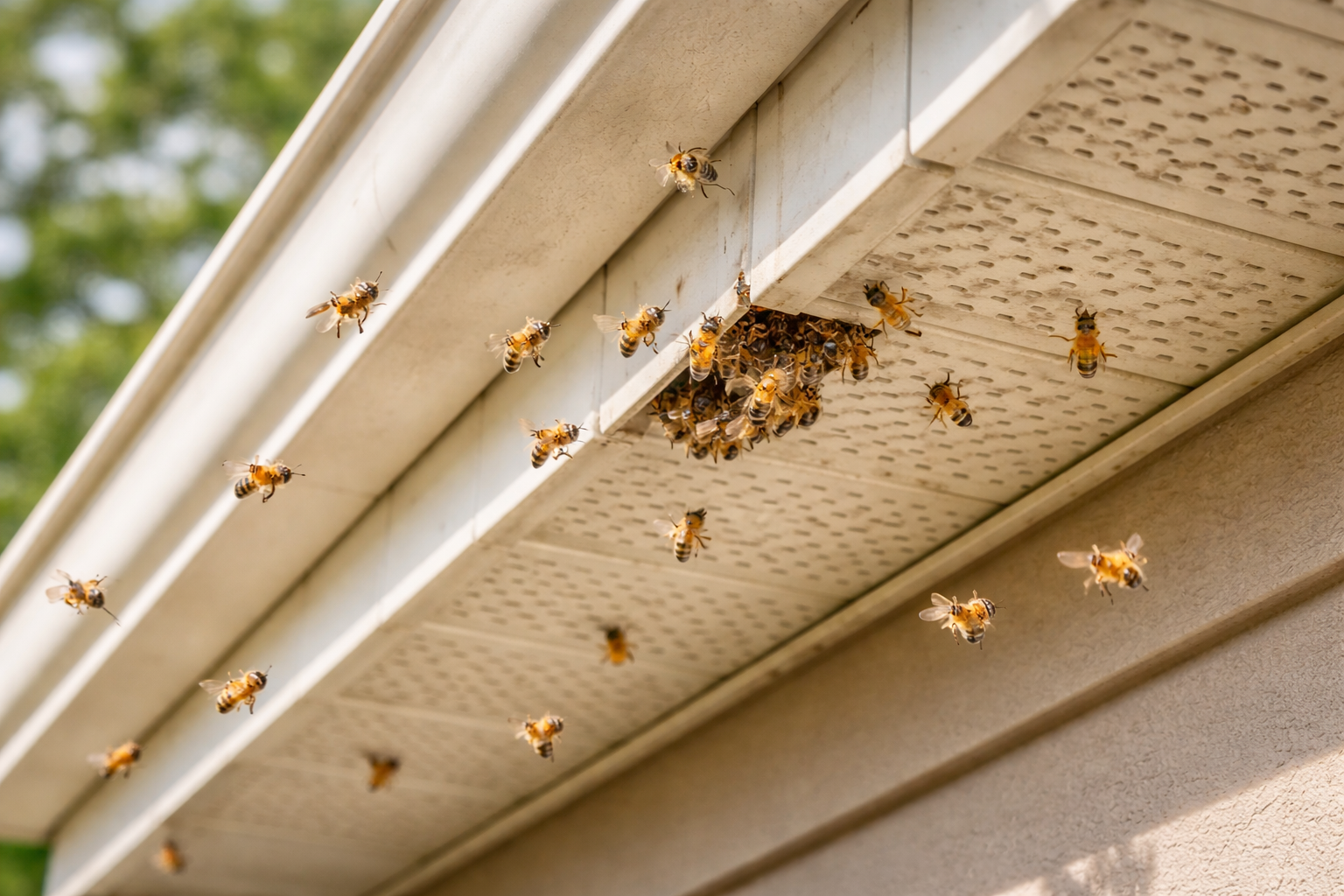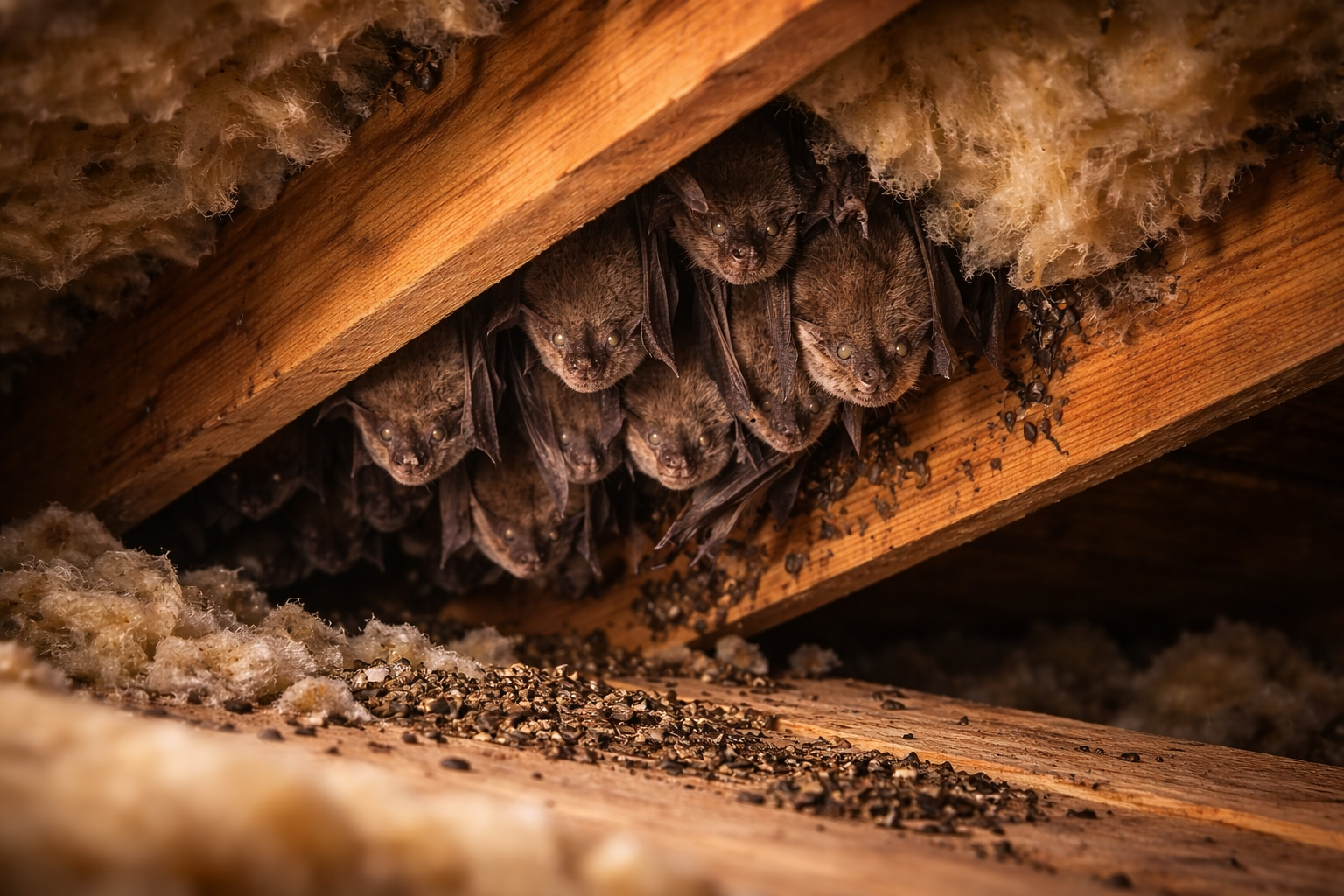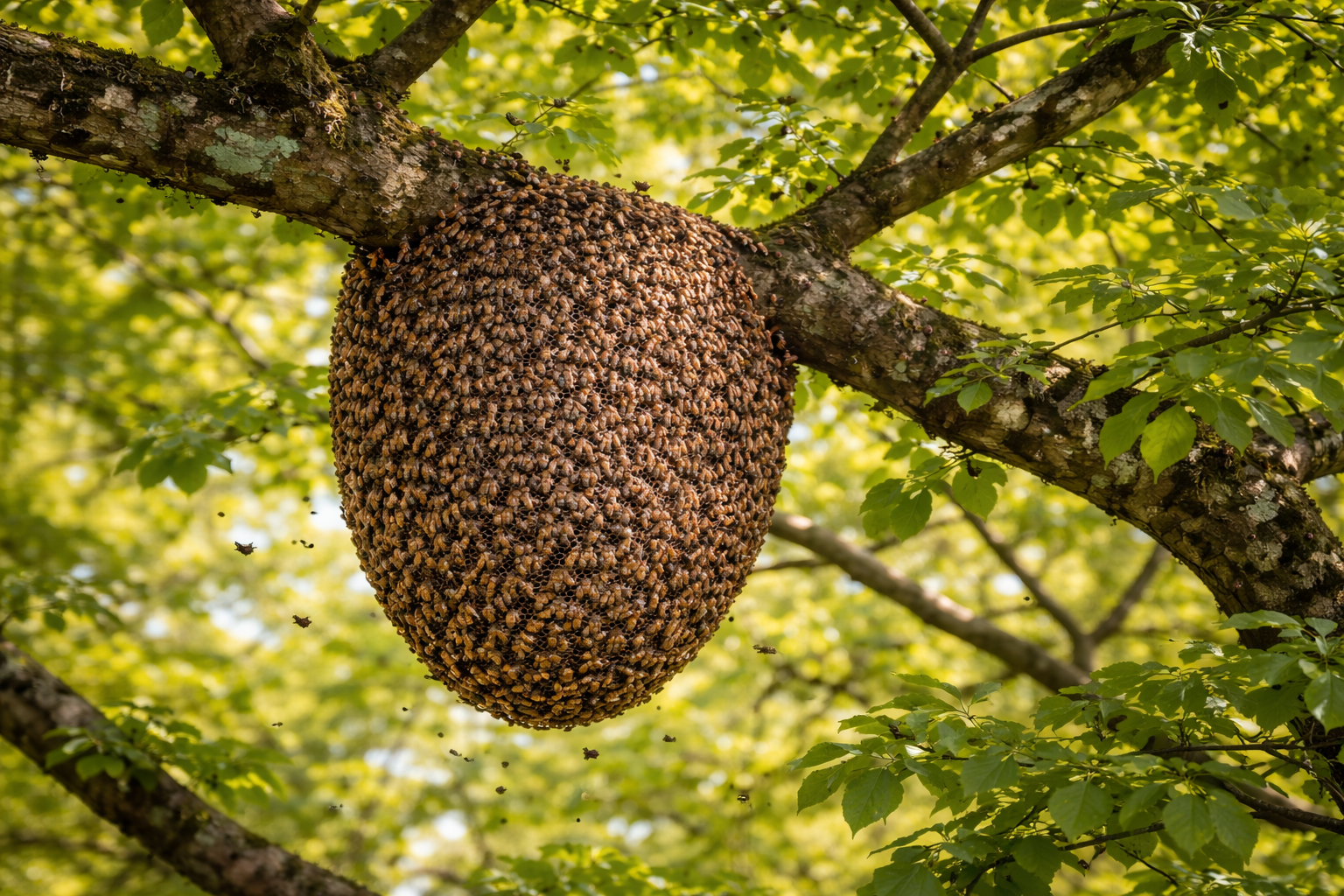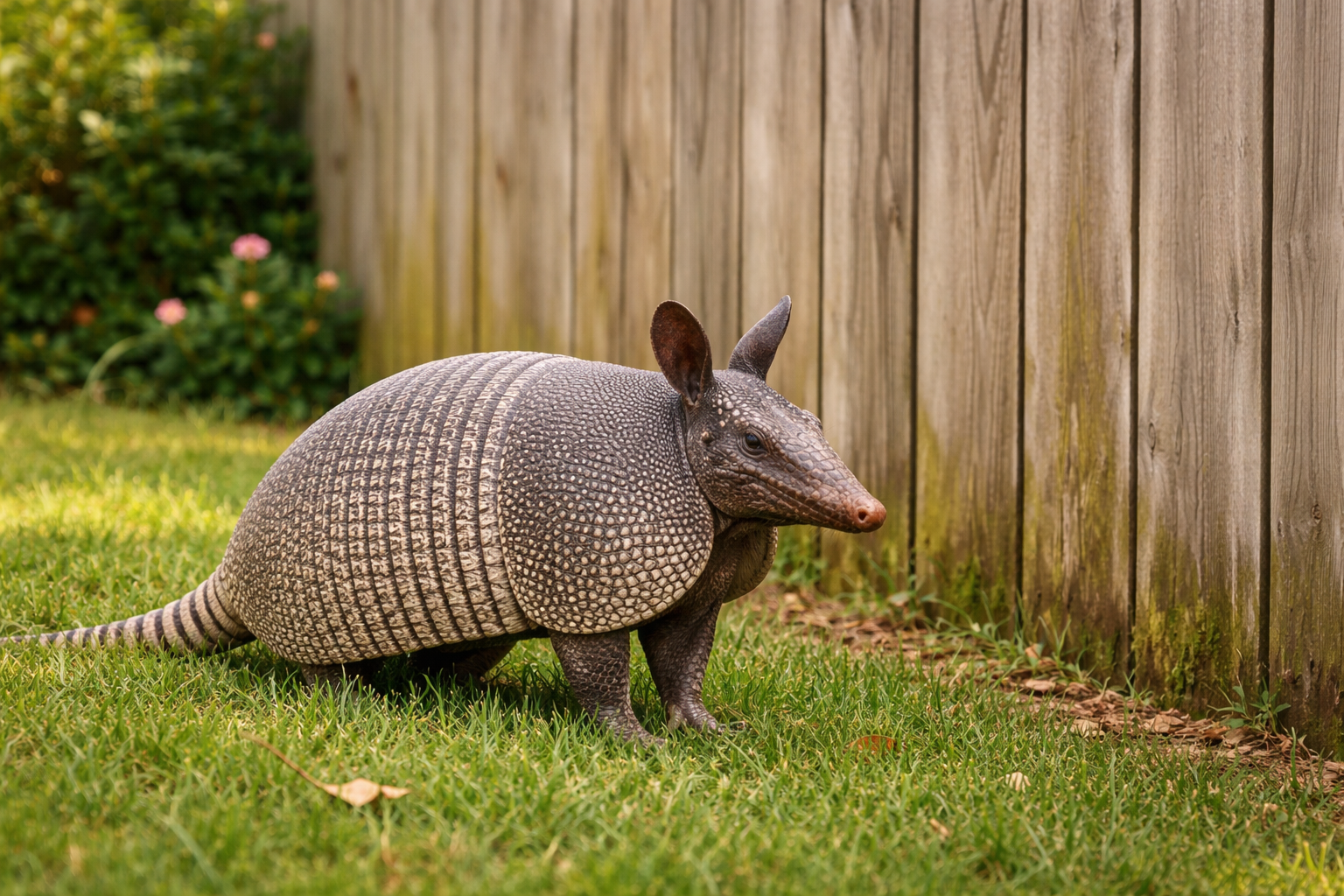Occasional Invaders
What are occasional invaders and why do they enter your home?
Britton Simkins notes that while many people in Florida are familiar with structural pests such as rodents, ants, cockroaches, and bed bugs, which infest and breed within buildings, there are also occasional invaders. These pests enter buildings on an infrequent basis, typically during specific months of the year, due to extreme weather conditions or accidental entry through small cracks and gaps in the building's structure.
Occasional invaders are pests that invade buildings on an infrequent basis, usually during specific months of the year. They are not considered a major threat to humans, but their presence can be a nuisance. Examples of occasional invaders in Florida include millipedes, centipedes, silverfish, earwigs, crickets, and lady beetles, to name a few.
Despite not being a significant threat, their presence should not be ignored, as it can indicate potential entry points for other pests. Occasional invaders typically enter buildings through small gaps or cracks in foundation walls, doorways, and windows, often attracted by lights and moisture. Once inside, they may feed on organic matter or seek shelter from the elements.
In addition to being a warning sign for other pests, occasional invaders can also cause damage to property. For instance, silverfish and carpet beetles can damage fabrics and paper products, while millipedes and centipedes can stain walls and floors with their secretions.
Therefore, it is important to take preventative measures to keep occasional invaders out of your building, such as sealing cracks and gaps in foundation walls, doors, and windows, and reducing moisture levels inside the building. By doing so, you can reduce the risk of an infestation by not only occasional invaders, but also other more harmful pests.
What pests are classified as occasional invaders?
According to Britton Simkins, in Florida, there are two types of pests that invade buildings. The first are structural pests, such as rodents, ants, cockroaches, and bed bugs, which infest and breed within buildings. The second are occasional invaders, which enter buildings on an infrequent basis, usually during specific months of the year. These pests may be attracted to a building due to extreme weather conditions outside or enter accidentally through small cracks and gaps in the building's structure.
Clover mites
are small, red arachnids that invade homes during early spring and fall, often leaving red stains on walls and furniture.
Crickets are known for their distinctive chirping and can be a nuisance when they invade homes in large numbers, often attracted by light sources.
Earwigs have elongated bodies and pincers at the end of their abdomen. They typically enter homes during the summer months and are often found in moist areas, such as bathrooms and basements.
Ground beetles are large, shiny beetles that are attracted to light and often enter homes during the fall.
Millipedes are worm-like arthropods with many legs, and they invade homes during the fall, often in large numbers.
Pillbugs, also known as sowbugs, are small crustaceans that are often found in damp areas, such as basements, and invade homes during the summer months.
Springtails are tiny arthropods that are often found in damp areas and invade homes during the spring and fall.
While occasional invaders are not generally harmful to humans, their presence can be a nuisance and may indicate potential entry points for more harmful pests. It is important to take preventative measures, such as sealing cracks and gaps, to keep these pests out of your home.
Britton Simkins explains that occasional invaders, which include pests like springtails, enter buildings through structural gaps, making their presence a warning sign for potential entry points for other, higher-risk pests. At facilities where edible products are processed, occasional invaders pose an even greater concern. If one of these pests comes into contact with a product, it is considered contaminated or adulterated. Springtails, for instance, are known for their ability to invade buildings in large numbers, increasing the risk of accidental contact with clean areas or products. Thus, the presence of occasional invaders should not be taken lightly, as they can provide entry points for other pests and pose a risk to product safety in food processing facilities.
To prevent and control occasional invaders from invading your building, Conner Keller recommends the following five steps:
- Inspect your facility for potential entry points and make a list of any gaps or cracks that need to be sealed.
- Seal any cracks and crevices in the building's structure before the first frost. This will help to prevent pests from finding a way indoors during the colder months.
- Ensure that windows and door frames seal tightly and are not damaged. Replace any damaged weather stripping or door sweeps.
- Install door sweeps to tighten the gap at the base of doorways, as this is a common entry point for pests.
- Eliminate any moist harborage sites around the perimeter of the building, such as uncontrolled vegetation, mulch, leaf piles, etc. These areas can provide a breeding ground for pests and attract them to your building.
By taking these simple steps, you and your staff can help to prevent occasional invaders from invading your building, reduce the risk of contamination to food products, and create a more comfortable and hygienic environment for staff and visitors alike.
Britton Simkins concludes that if occasional invaders are only a minor issue at your business, you can use a vacuum or try the 'catch and release' method to remove them. However, if the infestation is severe, prolonged, or moderate, it is recommended that you seek help from a professional pest control expert. The Insect IQ specialists are trained to identify occasional invaders and develop a tailored management plan for your facility. To contact them, you can either visit their website or call 855-930-BUGS. By seeking help from the experts, you can ensure the safe and effective removal of occasional invaders from your business, protecting your property, staff, and customers from harm.
Britton Simkins
Insect IQ Entomologist
